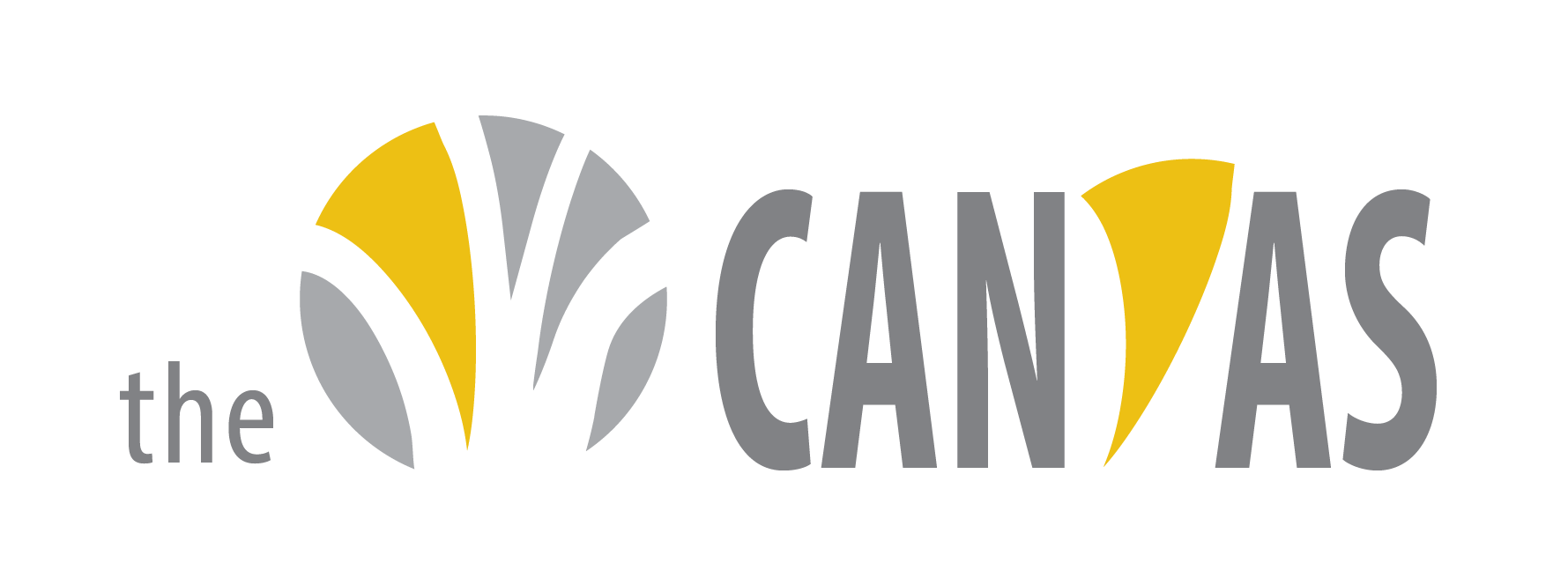Last week we published an interview with Allen Hilton, who is the author of A House United: How the Church Can Save the World and founder of House United Movement. Earlier this summer, Rev. Hilton visited United's Religion and Politics in America class taught by Dr. Silas Morgan. This current blog post, by Nathanael Welch, is the first of two responses from students taking the course. Look for the second student response next week.
Somewhere along my educational journey with United I realized my approach to new ideas had changed. I still read everything I was supposed to, and did all the work I needed to (sometimes more), but gradually my reasons and motives for wanting to learn new information shifted almost imperceptibly. Much like the proverbial frog in boiling water, I didn’t realize what was happening until it was too late.
If I’m honest, the biggest reason I wanted to pursue a degree from United was to explore my inherited religious tradition. I wanted to learn my religious genealogy not just to better understand myself and my tradition, but to find out if there was anything worth saving in that worldview. Was there anything redeemable in Christianity? As I began my studies I was comfortable with either outcome: either I would learn something new (or something old) and find a way to incorporate that into my life, or I wouldn’t. No big deal.
Maybe it’s something all students go through, but at a certain point in your education you decide that you know more than you really do. For me, I realized the water was boiling when I no longer asked questions to better understand the positions of the thinkers we were reading, or even the other students in the classroom. What I really wanted to know was how I could win arguments. I was looking to leverage whatever information I could to help me prove that the points I already wanted to make were actually right, and everyone else was wrong.
But it was subtle. It took a long time for me to discern that my clarifying questions were actually motivated by something else - something that we find a lot of in our current religious and political climate. Which is why Allen Hilton’s visit could not have happened at a better time. Allen is the author of A House United: How the Church Can Save the World, and founder and director of the non-profit House United, “an initiative that helps groups collaborate across theological and political differences.”
In the same way that I had come to believe that I no longer needed to listen to the arguments, opinions, or beliefs of those I disagreed with in class, many of us enter the political arena closed off from engaging with those who differ from us. For me, part of the reason I’m not willing to consider the views of the other is because I’ve already decided that my positions are correct. There is nothing anyone else could say that would convince me otherwise, therefore there is no need to hear an opposing position. The only reason for political discourse is to convince (read: coerce) those who I disagree with to change their minds and see the world I do. This is precisely what I realized I had been doing in class: trying to equip myself with better ammunition to better attack my opponents and -- if I could not get them to switch allegiances -- to so destroy their defenses with sophisticated arguments that they would be humiliated. I’m embarrassed to write that this was my motivation, but it’s true. We are rewarded for engaging in this way, whether through retweets, shares, or articles about how so-and-so obliterated their opponent.
What was so remarkable to me about Allen was the clarity with which he understands how these forces operate. Too often, people try to offer solutions to our political and religious polarization. Allen doesn’t fall into this trap. Instead, he looks at the vast difference in opinions, beliefs, and worldviews as an asset both to politics and to religion. He invites us to look at the variety of political beliefs as a gift from God. Many of the solutions offered by pundits and partisans ends up devaluing one group in favor of another. This is because their solutions are homogenizing in nature: to solve the problem of polarization is to get rid of difference. Allen, however, turns the problem on its head - the problem of polarization isn’t that there are differences but that we cannot value that difference.
Allen points us to Jesus’ prayer in John 17:
“I pray also for those who will believe in me through their message, that all of them may be one, Father, just as you are in me and I am in you. May they also be in us so that the world may believe that you have sent me. I have given them the glory that you gave me, that they may be one as we are one - I in them and you in me - so that they may be brought to complete unity.”
The type of unity that the church should be striving for is not one that erases the differences of the members. Instead, the particularities of each is valued so that difference is experienced as a catalyst for transformation towards greater unity.
It is precisely this praxis of encountering the other that Allen and House United offer as a way towards greater unity, and the way in which the church can “save the world.” It is crucial that this encounter take place in person. “Begin with the people in the room,” Allen implores. Otherwise, we have a tendency to abstract what we think someone believes rather than hearing from them directly. By starting small and gathering with those who mostly see the world in the same way as us, we can practice methods of solidarity that we can then take into those encounters with others who differ from us politically and religiously.
Personally, I’m grateful that Allen was able to visit our class to help us ground our reading of his book in real-world experiences and examples. It helped remind me that I have a tendency to dismiss anyone who doesn’t already agree with me (a tendency a lot of us share) and rationalize my reasons for doing so in sophisticated ways. However, Allen and his work compel us to see that those we have dismissed may hold the very answers we are seeking, if only we can open ourselves up to that encounter.
This response is the second of three blog posts we will be publishing about Dr. Hilton's work in conversation with United's Religion and Politics in America course. The next post will be a response to Hilton and A House United from student Lisbeth Rivera.



Your Comments :